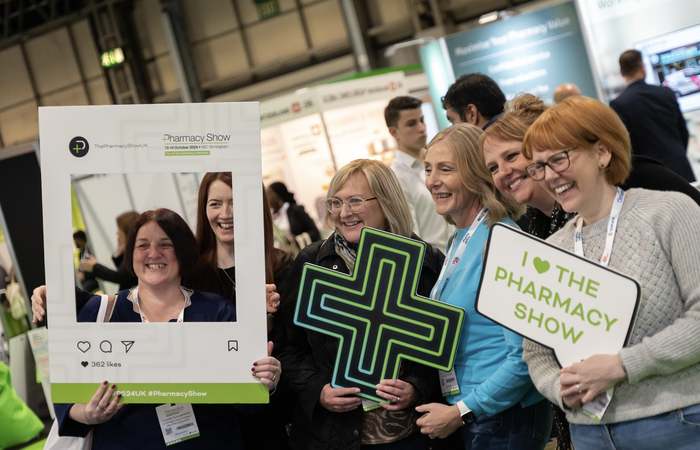Pharmacy Show 2025: Newham pharmacies take part in pollution-asthma pilot
In Analysis
Follow this topic
Bookmark
Record learning outcomes
Thirteen pharmacies in Newham took part in a six-month pilot to raise awareness of the impact of air pollution on asthma in children.
The pharmacies worked with six GP practices in the borough to improve patients’ and their families’ understanding of how to minimise the risk of pollution exacerbating asthma and reducing the overuse of inhalers.
Patients under 18 who were prescribed an inhaler and were registered with a GP in Newham took part.
Dr Rachel Parker from the Tredegar Practice and Dalveer Johan from Community Pharmacy North-East London told the Pharmacy Show that the six practices who took part “had the highest prevalence of medium and high-risk asthma patients”.
Pharmacies and practices communicated through “multiple communications, including email and primary care/training hub newsletters” and webinars.
A direct referral pathway from the six practices into the pilot was set up within the EMIS IT system and practice staff searched for eligible patients who were then offered appointments at their pharmacy.
Pharmacies used PMR systems, prescription reviews and staff flagging to identify eligible patients. Pharmacists also completed a one-hour training webinar which was logged into PharmOutcomes.
Over 600 consultations with patients and their families in pharmacies were logged into PharmOutcomes and 235 of those were the result of GP referrals.
All the patients were on one medication, 322 were on two, 68 on three, nine on four and two were on five. Newmans Pharmacy completed 33 per cent of conversations with patients.
Basic understanding of inhaler use
Interviews with children’s parents revealed many had a “basic understanding of inhaler use, but often with a lack of clarity between preventer and reliever inhalers”.
The pilot’s organiser’s said: “Positive feelings came from clear, face-to-face interactions, with negative perceptions arising from lack of depth, privacy and follow-up.
“However, an improved understanding of asthma was seen. The community setting of pharmacies was appreciated for its accessibility and potential for ongoing support and pharmacies were seen as a trusted, convenient resource.”
The pilot also revealed parents “began tracking triggers and symptoms more” and made ”environmental adjustments such as reducing dust and avoiding mould”.

